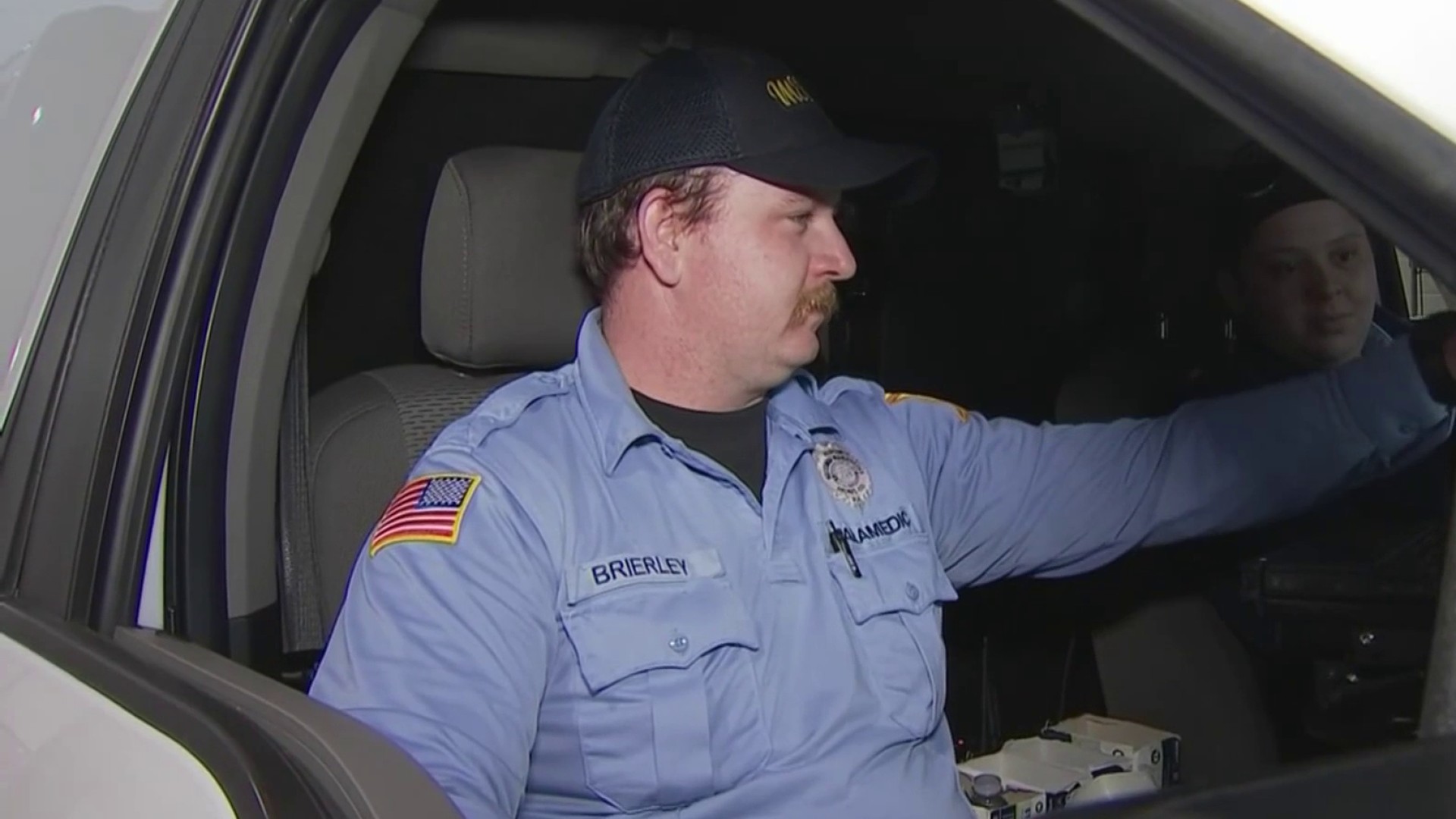A long-running partisan divide over taxes and education spending was repeatedly evident on Sunday as Pennsylvania lawmakers worked through the weekend in a rush to pass budget legislation in the days before a constitutional deadline.
The Senate moved closer to a final vote on a GOP-drafted state budget plan that would add modestly to education funding without raising any new taxes, while House Democrats defeated funding for universities because they deemed the amounts inadequate.
The main budget bill, which passed the House without a single Democratic vote on Saturday, could see a final vote in the Senate on Tuesday. Gov. Tom Wolf has signaled he will veto all or parts of it.
The Senate also advanced a liquor privatization bill, which along with changes to public-sector pensions are the Republicans' policy priorities during what is traditionally the Legislature's heaviest deal-making season. The liquor bill also could get a final vote in the coming days.
The Republicans' strong majorities in the House and Senate are moving ahead on their own agenda after talks with the Democratic governor have failed to produce a bipartisan compromise.
In the House, the GOP did not reach the supermajority needed to approve funding for Penn State, Pitt, Temple and Lincoln universities, although that topic will almost certainly be revisited.
Republicans reminded Democrats that they had all voted against a bill that combined all of Wolf's tax proposals, even though Democratic leaders derided that vote as a Republican-orchestrated stunt designed to embarrass the governor.
Local
Breaking news and the stories that matter to your neighborhood.
"If you want to spend more money, you have to be able to raise taxes and appropriate more revenue to do so," said Rep. Garth Everett, R-Lycoming. "We had the opportunity to do that here in this chamber."
A $30 billion-plus state budget bill passed the state House on Saturday, 112-77, with all Democrats and two Republicans voting against it.
Republicans promoted their budget approach for filling the state's substantial structural deficit without taxes. Democrats argued it would again shortchange schools after several years of inadequate state funding and that it employs short-term fixes that will leave public finances on shaky financial footing.
"The Republican budget is not balanced — it will lead to a $3 billion deficit and the Republican budget only puts $8 million into K-12 education," said Wolf spokesman Jeff Sheridan. "If final liquor and pension bills make it to his desk, the governor will review and make a decision at that time."
Pennsylvania's next budget year begins at midnight Tuesday, a soft deadline called for in the state constitution to enact a spending plan for the coming year.
A pension bill that passed the Senate is now pending in the House, and a vote is likely after lawmakers receive a report about the proposal from a state entity that reviews changes to pension systems.
Wolf has said he wants revenue from gas drilling to increase education funding, a tax shift to relieve people from local property taxes that fund schools and a budget balanced without what he describes as gimmicks.
If the state budget does not pass or if Wolf vetoes it, state workers can remain on the job and would be paid under a 2009 state court decision.
The Wolf administration, however, will lose some spending authority that will affect public schools and a range of human services.



